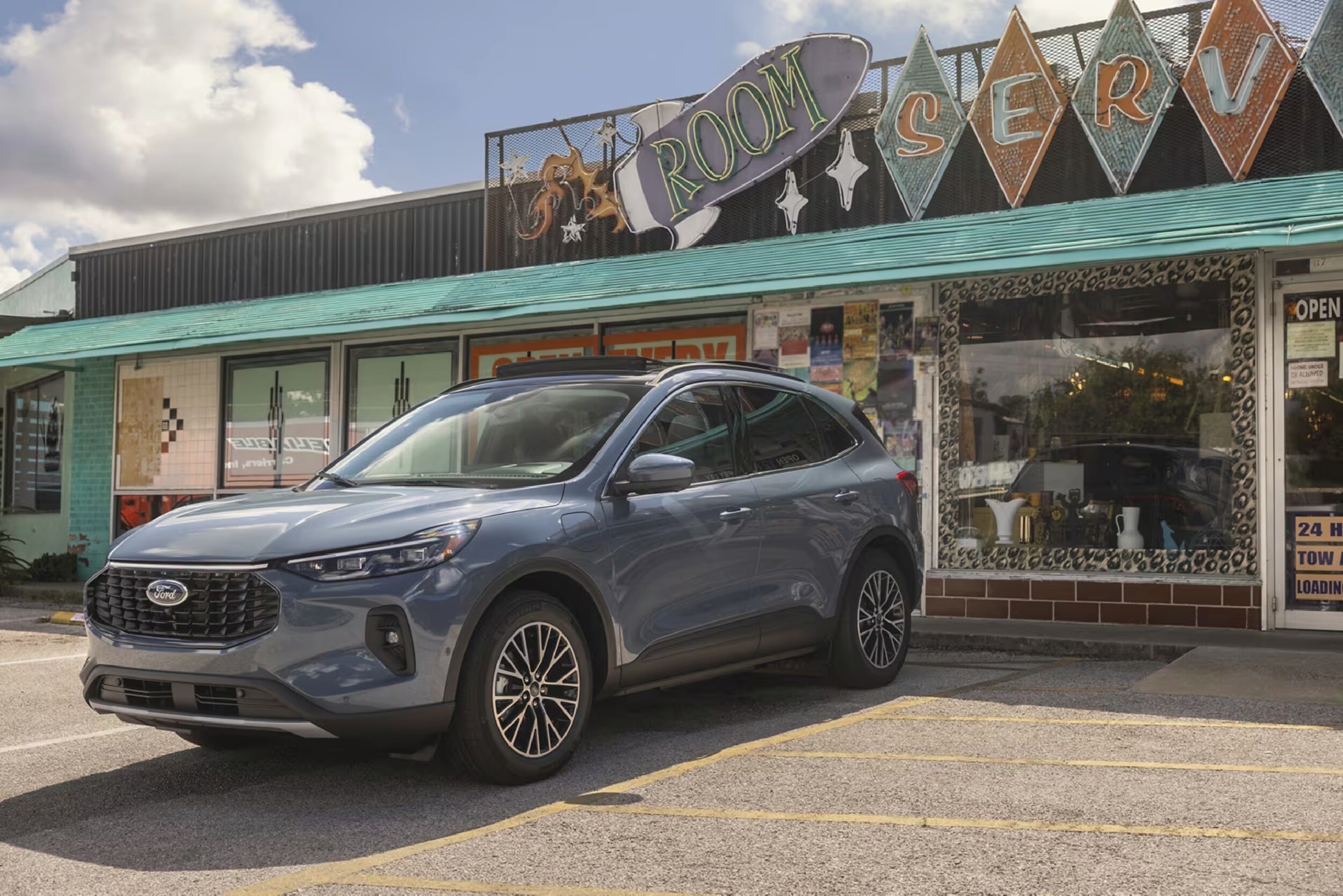
Who Owns it?
· Buying - You own the car after it is fully paid for. If you pay for it all up front you have nothing to worry about but if you are financing it then you have to meet your lenders' requirements, or it can be repossessed. You can keep the car for as long as you would like.
· Leasing - The dealership that you are leasing from keeps ownership. You are essentially renting the car for an extended period of time. You may be able to buy the car out at the end of the lease.

Up-Front Cost
· Buying - Financing a car means the bank or lender will need an initial payment from you, which is usually calculated according to your credit score, among other factors. You may also choose to trade in your old vehicle, the value of which can be put towards your down payment.
· Leasing - A lease doesn't typically require a down payment, but you will have to put down the first monthly payment and a security deposit as well. You will also have to pay for the acquisition fee, and any other applicable costs. You could possibly even lower your monthly fee if you increase your initial payment.
Future Value
· Buying - Your vehicle should last you years and shouldn't have to buy a new one anytime soon. As soon as you drive your car off the lot your car will depreciate in value. If you maintain your car properly you will be able to sell your car for a good price down the road. A bonus to that is that you will be the only owner of that vehicle at the time.
· Leasing - Since you don't own the car you will have to turn your vehicle back to the dealership when your lease is over. Pay attention to your lease agreement about your mileage and wear and tear or it could cost you extra when you turn in your vehicle. You won't have to worry about trying to sell the vehicle when the lease is over.


Customizing
· Buying - You own the vehicle so you can modify or customize it as much as you like. Doing so may void your warranty.
· Leasing - You are not allowed to make any permanent modifications. Doing so could lead to fees or paying for the vehicle to get restored to how it was before.
End of Payments
· Buying - You'll have to pay a certain amount as stipulated in your contract, but once you're done, that's it. The institution you borrowed from will send you a Lien Release, which is proof that the vehicle belongs entirely to you and may not be repossessed for nonpayment. The vehicle is now yours.
· Leasing - You usually just return the vehicle when your lease ends. However, you may be able to purchase it during or after the term of your lease, or trade it in before the term of your lease is over. If you think you might want to use any of these options, ask your financing agent about them before the lease is signed.
